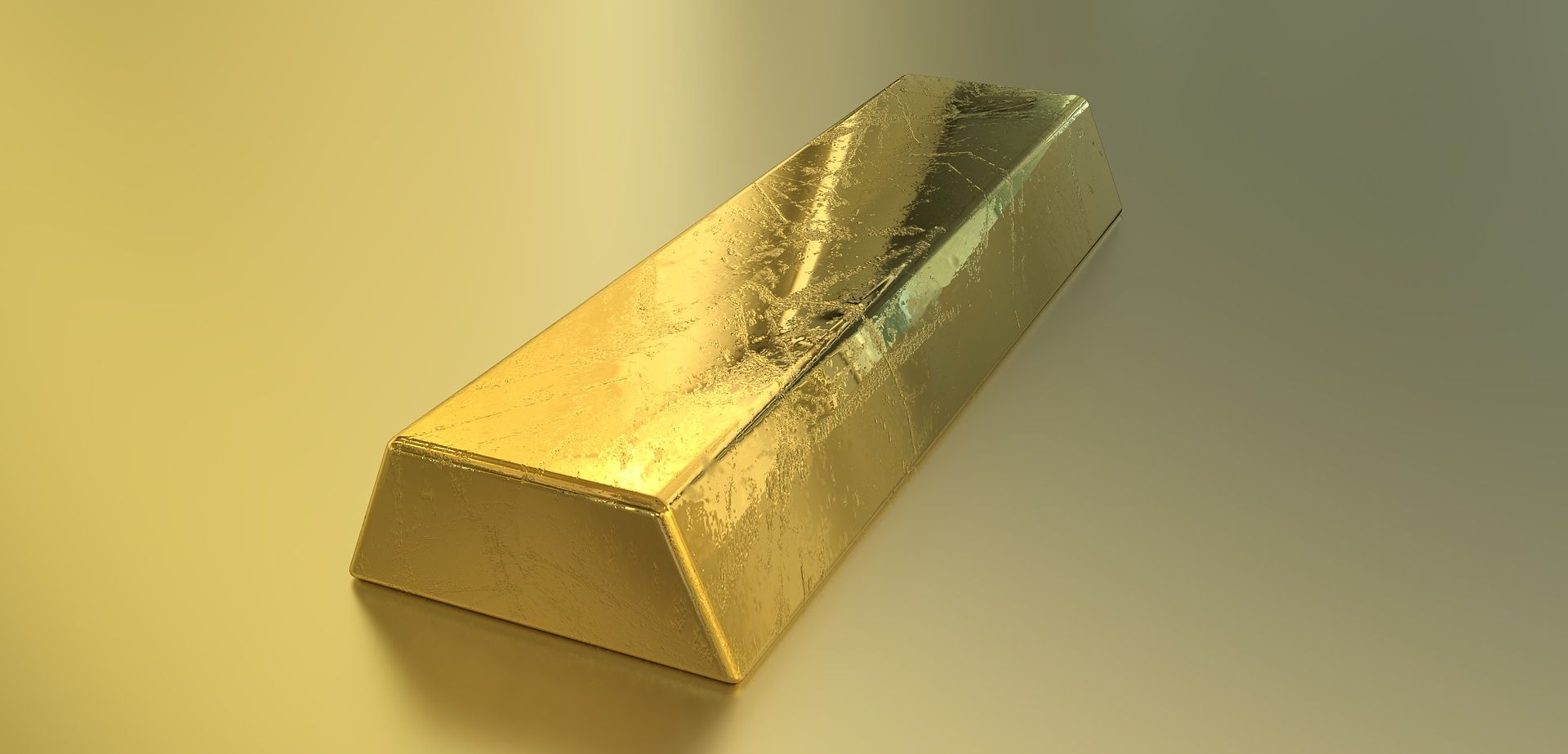Gold mining has been taking place for millennia, with individuals and companies alike looking to profit from this long-sought-after precious metal. But today, people don’t just mine for physical materials. Cryptocurrency mining is incredibly popular, with Bitcoin being one of the most lucrative coins to mine.
However, both of these processes have an impact on our planet. So, which is more environmentally harmful: Bitcoin mining or gold mining?
The Environmental Impact of Gold Mining
Unlike Bitcoin mining, gold mining has been around for a very long time. In fact, it is thought that gold mining could have started as early as 7,000 B.C in Ancient Egypt and Sumeria. In recent centuries, as technology has advanced, the gold mining industry has become mammoth and, according to Business Wire, was worth over $240 billion in 2021. It has been predicted that this number will grow to over $249 billion by 2026, so it’s safe to say that the market still has a steady future.
However, gold mining is not a benign process. Because it involves physically digging and quarrying land, gold mining can utterly devastate natural environments and has been done so many times in the past. Our planet’s rainforests, for example, have suffered greatly at the hand of gold mining. According to the Amazon Aid Foundation, the Amazon rainforest released over one million tons of carbon in 2017 due to deforestation (equating to around 250,000 cars’ worth of emissions).
But things don’t stop there. Gold mining also creates huge volumes of toxic waste containing heavy metals and deadly cyanide. Research by Brilliant Earth found that just one 33oz gold ring creates 20 tons of toxic waste, which speaks to just how much waste is produced monthly or yearly. Because this waste is often dumped into natural water sources, the habitat surrounding a gold mine can suffer immensely from the effects of the byproducts alone. What’s more, the dumping of this waste can have a devastating effect on marine life.
Because gold mining involves multiple complex processes, its electricity requirements are also staggeringly high. In fact, gold mining consumes 131.9 TWh of energy yearly. To put this into perspective, a terawatt is equal to one trillion watts, and a terawatt hour (TWh) is a unit used to represent the use of a trillion watts in one hour. The largest hydroelectric plant in the United States, the Grand Coulee Dam, uses only two gigawatts of energy to power the homes of eight million people annually.
The gargantuan amount of energy needed for gold mining also makes it an environmental issue, and there is a list of additional problems that make it a problem for our planet, including acid drainage, mercury pollution, and a decrease in biodiversity. But is gold mining the only villain here, or is there something to be said about the environmental effects of Bitcoin mining, too?
The Environmental Impact of Bitcoin Mining
Because Bitcoin is an entirely virtual, digital asset, you might be wondering why it would need to be mined in the first place. The term “crypto mining” refers to the process of circulating new coins and verifying transactional blocks by completing complex mathematical equations. So, it doesn’t literally involve mining in the traditional sense. The first Bitcoin was mined in 2009 by its founder, Satoshi Nakamoto, and new coins have continued to be mined ever since by individuals fittingly called miners.
While many cryptocurrencies can be mined, Bitcoin is the most popular option simply because the reward for successfully mining a block is very high. Many individuals mine from home, as the process can be carried out with just a few pieces of hardware. This can range from your standard laptop CPU to a highly specialized ASIC miner.
While Bitcoin could once be mined using more basic hardware, competition is now so rife that one can only successfully mine it using an ASIC miner, and these can be pretty energy-intensive. Miners often run their hardware 24/7 to maximize their chances of mining a block and receiving the reward. Just think how much energy you’d use if you left your television on all day and night. Now, think of a specialized piece of hardware with a higher energy consumption that is left running around the clock.
This is where Bitcoin mining becomes environmentally harmful. Today, there are around one million active Bitcoin miners around the world. With every one of these miners likely running hardware day and night, one can only imagine how much electricity is being used. But mining doesn’t stop at the individual. Huge Bitcoin mining farms have also been built across the globe, containing swathes of ASIC miners, all active and working towards mining that next block.
This constant need to run energy-intensive hardware on both a small and large scale to mine Bitcoin has given it a considerable carbon footprint. Bitcoin mining currently uses up 127.48 TWh of electricity every single year, which isn’t too far off that used for gold mining. On top of this, NRDC estimate that one Bitcoin transaction has the same carbon footprint as 330,000 credit card transactions.
But there’s another issue associated with Bitcoin mining, and that’s its long-term purpose. While gold is, and always has been, a precious metal, it always has value. In fact, the price of gold is currently increasing and is worth many times what it was a few decades ago.
Bitcoin, on the other hand, has no objective value. Its price is determined mostly by supply and demand and can rise and fall drastically in the space of just a few hours. So, if Bitcoin one day becomes worth very little, or nothing at all, all the energy used in the mining process will have been effectively wasted. It’s the sheer uncertainty of the crypto market’s future that calls into question the necessity and morality of mining altogether.
Bitcoin and Gold Mining Both Pose a Threat to Our Planet
While Bitcoin and gold mining can be very lucrative, the harmful processes and mammoth amount of energy they require are unquestionably problematic and are doing considerable harm to our environment. While they both differ in many ways, it cannot be denied that the planet is paying a high price as a result of the Bitcoin and gold industries.






